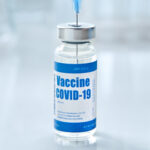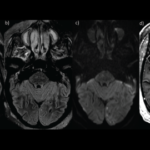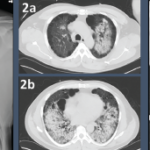PHILADELPHIA—Since March 2020, the world has been turned upside down by the COVID-19 pandemic. Rheumatologists must understand how to best protect and treat their patients with autoimmune conditions at risk for infection due to immunosuppressive therapy. At ACR Convergence 2022, the session titled, Latest COVID and Rheumatic Disease Therapies: What You Need to Know, provided…









